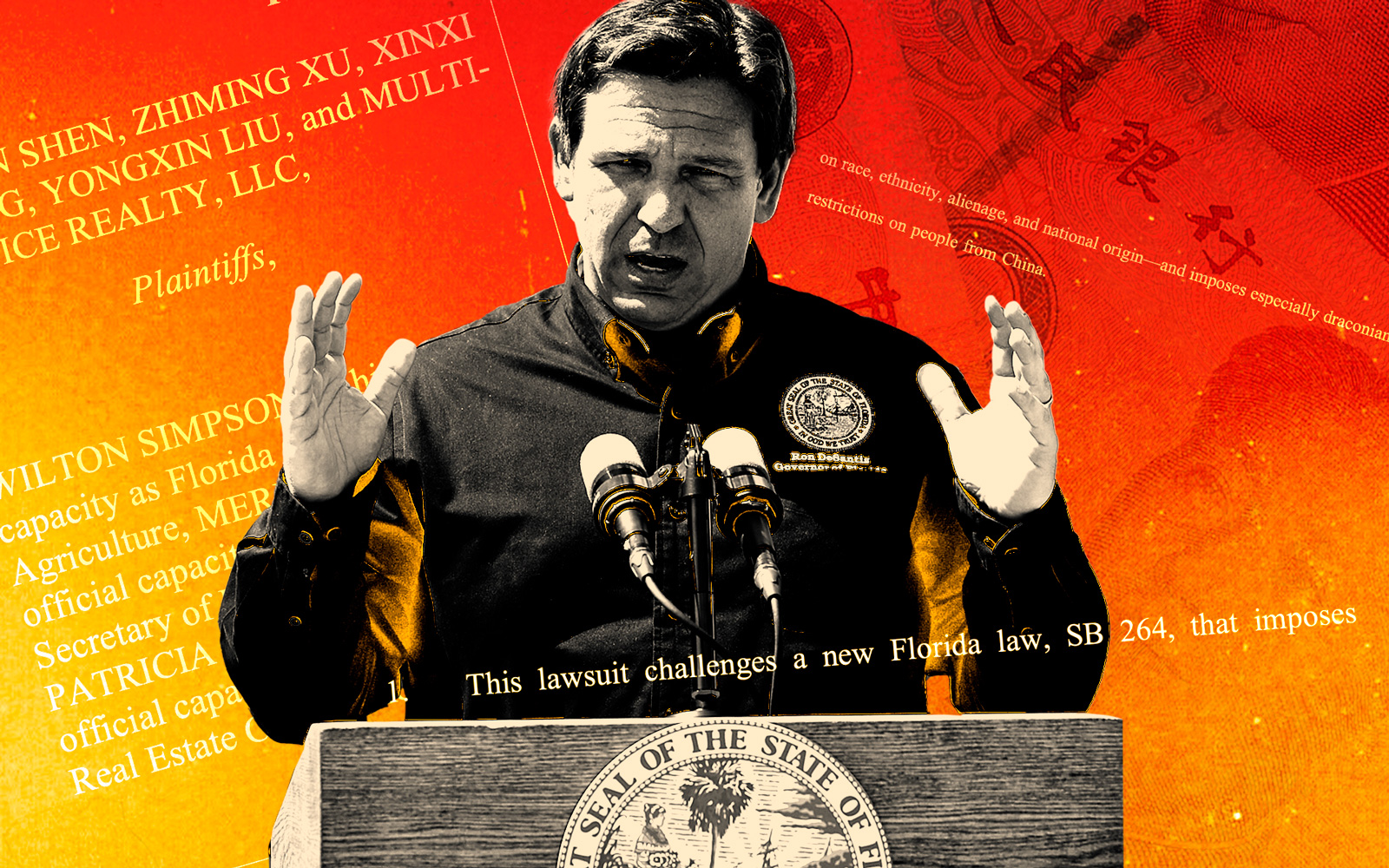Florida and Texas real estate investment outlook from Wall Street’s Dr. Doom

Top economist Nouriel Roubini has a message for all the New Yorkers who moved to Florida during the pandemic: In terms of a real estate investment, you should have picked the Midwest instead.
Roubini, a New York University economics professor and CEO of Roubini Macro Associates, correctly predicted the 2008 financial crisis and has earned the moniker “Dr. Doom” for his pessimistic views.
He’s predicted the U.S. will fall into a deep recession by year’s end and called anyone who still believes that a “soft landing” is possible “delusional.” He’s also warned that an era of “great stagflationary instability” lies ahead, with “massive insolvencies and cascading financial crises” worldwide in the coming years.
He recommends real estate as one hedge against inflation, but he offers a caveat with regard to climate change.
On Bloomberg’s Odd Lots podcast on Thursday, he warned that “a lot of real estate is going to be stranded because of global climate change…People have stupidly moved from New York to Miami, and from San Francisco to Austin, but Florida is going to be flooded and Texas is going to be too hot to survive there.”
Tens of thousands of New Yorkers moved to the Sunshine State during the height of the pandemic, and many continue to do so.
“These are people that are moving down to South Florida to start their life, to put their children in school, to start a new business,” South Florida real estate agent Bonnie Heatzig told New York’s WABC-TV in July 2021. “These people are here to stay.”
Florida real estate in the long run
But, Roubini said in the podcast, “Literally there are maps that show that half of the U.S. in the next 20 years is going to be either underwater on the coastlines or too hot, or droughts or wildfires, to be living in it.”
“So,” he continued, “there will have to be a massive migration from the south and the coastlines towards the only part of the U.S. that is going to survive climate change, [which] is the Midwest into essentially Canada. So there’ll be trillions of dollars of real estate assets that are going to be damaged by essentially global climate change.”
For investors, he still recommends real estate (though only in certain locations) along with short-term government bonds, inflation-indexed bonds, and gold and other precious metals as “assets that will hedge them against inflation, political and geopolitical risks, and environmental damage.”
Real estate, he added, is “a good hedge against inflation as long as monetary policy is not very tight.” Of course, the Fed has been hiking interest rates, which has contributed to REITS, or real estate investment trusts, doing poorly this year. But, he said, the Fed will likely “wimp out” with those hikes, and, given that, “I think that real estate is going to outperform equities because of the nature of being a fixed-supply kind of asset, that is in the short run.”
Given climate change, though, “You have to find the types of investment in the right parts of the United States,” he said.
Sign up for the Fortune Features email list so you don’t miss our biggest features, exclusive interviews, and investigations.


